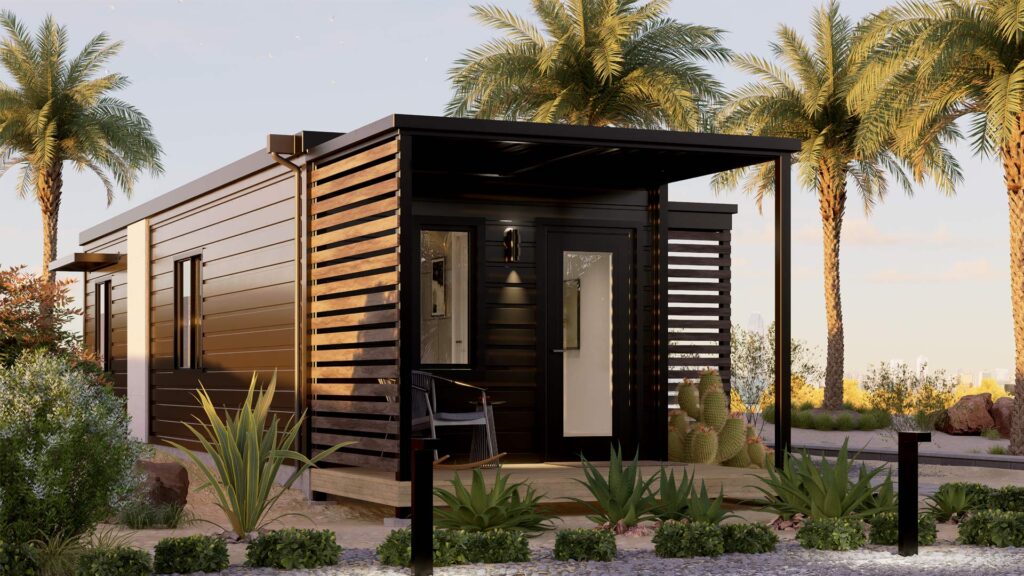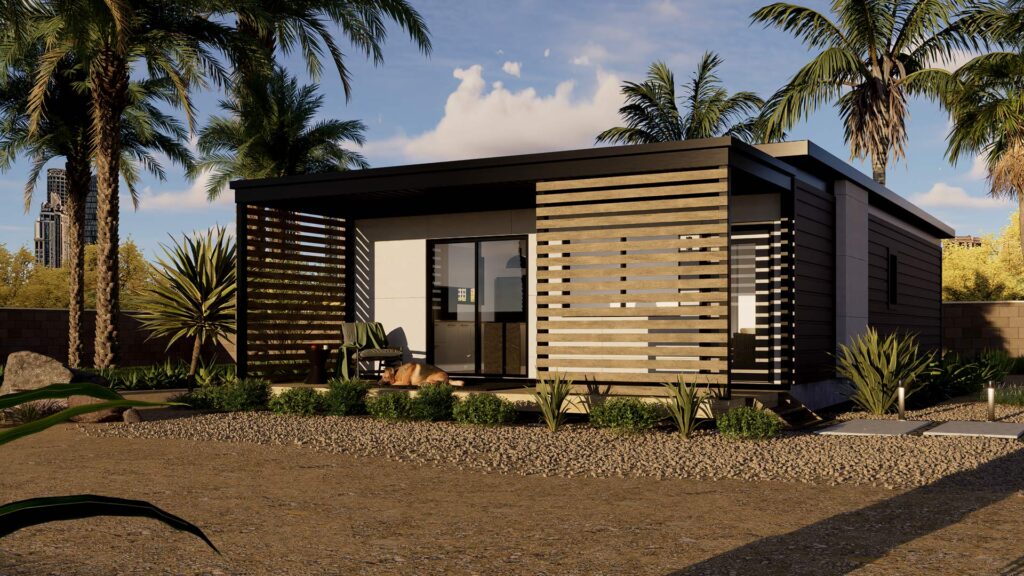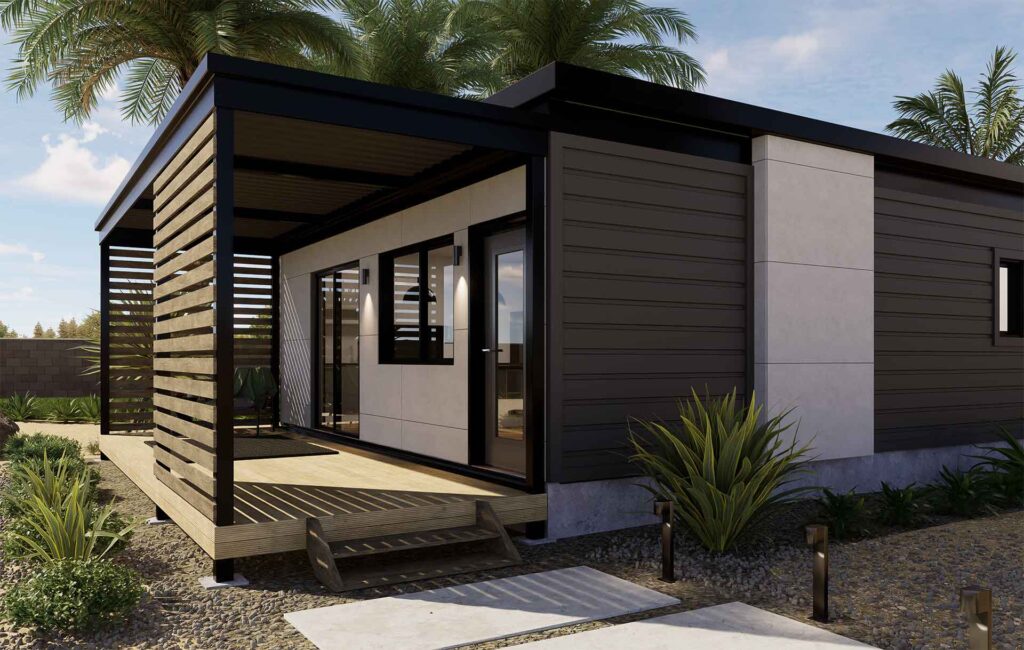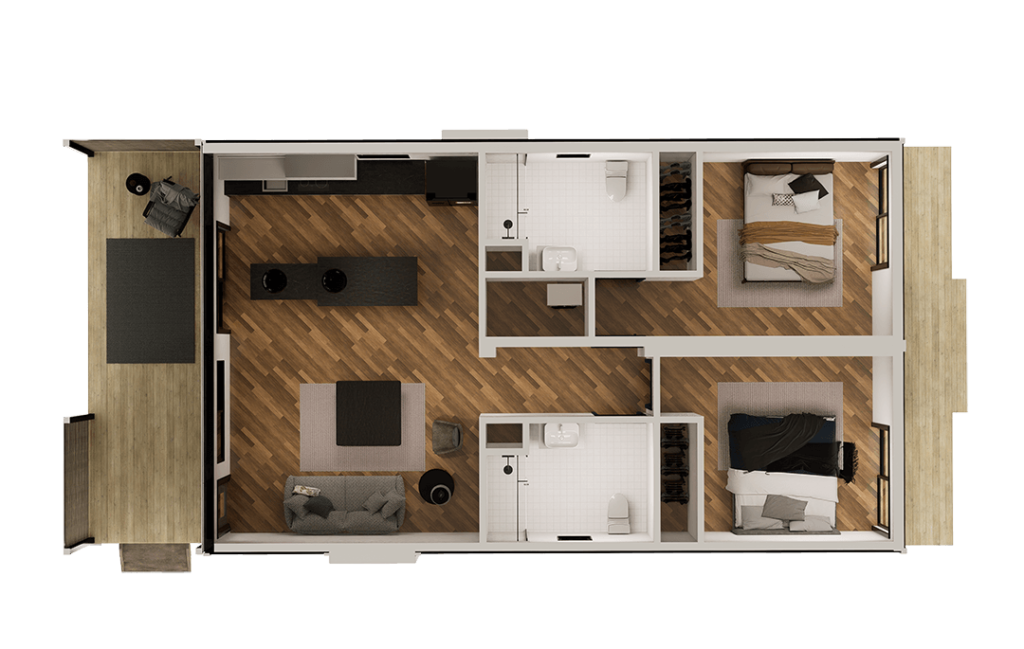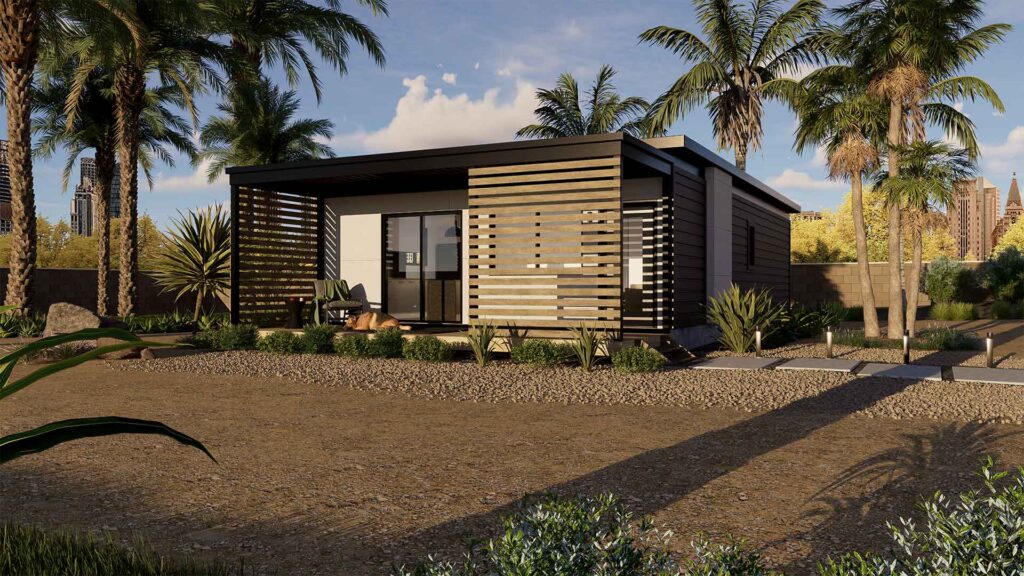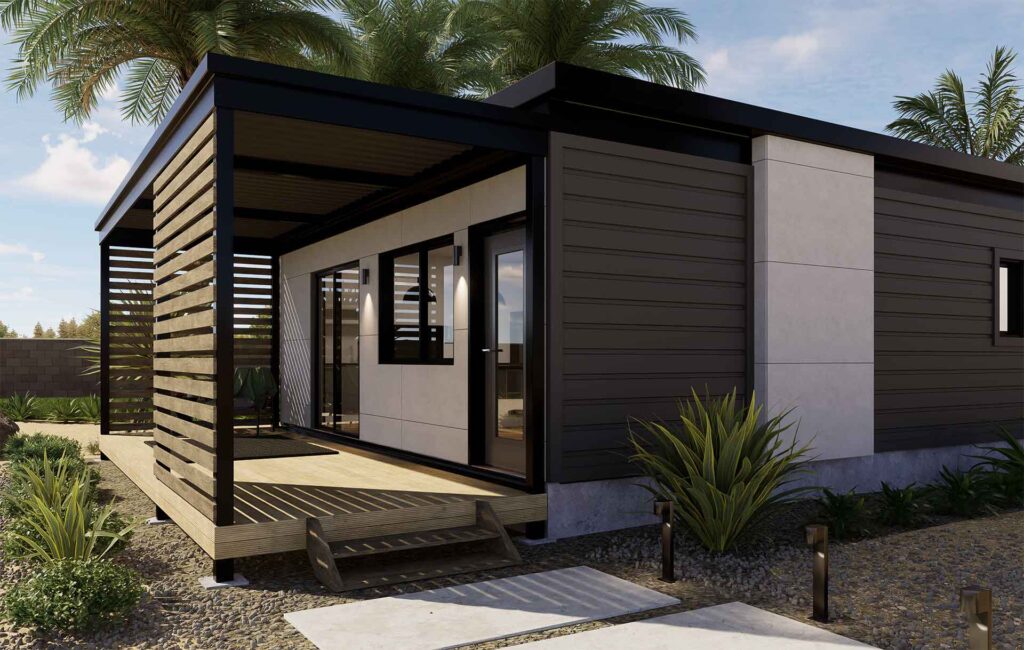Amid a global surge in population and escalating urban migration, the demand for affordable, durable housing is at an all-time high. Housing is not merely a commodity but a fundamental human right, pivotal for the stability and well-being of individuals and families worldwide. Yet, the increasing gap between the availability of affordable housing and its growing demand continues to pose significant challenges, particularly in burgeoning urban centers where the cost of living soars relentlessly.
The Global Housing Shortfall
Today, over 1.6 billion people globally lack access to adequate housing, encompassing those without homes entirely and those living in overcrowded or unsafe conditions. This crisis is most acute in rapidly expanding urban areas, where infrastructure struggles to keep pace with population growth, pushing real estate prices beyond the reach of the average citizen.
Impact of Disasters on Housing Stability
In 2023, the stark vulnerabilities in housing were further highlighted as disasters inflicted damage across the globe, destroying approximately 3,000 modular homes. These catastrophes underline the dual need for rapid-response housing solutions that can not only address the chronic undersupply but also provide resilient replacements in the wake of disasters.
Innovative Solutions to Housing Challenges
As traditional building methods fall short in addressing the urgent demand for housing, the sector must pivot towards more innovative, scalable, and sustainable solutions. Here, modular construction emerges as a key strategy, offering significant promise through its efficiency, cost-effectiveness, and adaptability.
Modular Construction: Accelerating Affordable Housing Development
Modular construction involves prefabricating home parts in a factory setting and transporting them to the construction site for quick assembly. This process significantly reduces construction time—by up to 50% compared to traditional methods—while also minimizing on-site disruptions and waste. The controlled environment of factories ensures higher quality and consistency, which traditional construction sites struggle to achieve.
Strategic Approaches to Enhance Housing Availability:
-
- Zoning Reforms: Modifying zoning laws to allow for greater density and variety in housing types can free up land for residential development, particularly in densely populated urban areas.
- Utilization of Underused Land: Leveraging vacant or underutilized land for housing development can quickly increase supply, especially in cities where space is at a premium.
- Fiscal Incentives and Partnerships: Encouraging affordable housing projects through financial incentives like tax credits, subsidies, and streamlined permitting processes can make such developments more feasible for builders. Public-private partnerships can also draw on resources and expertise from both sectors, fostering innovative housing solutions.
Connest: Pioneering Advances in Modular Housing As a leader in the modular construction industry, Connest embodies the cutting-edge of housing solutions, integrating advanced technology with sustainable practices to deliver quality homes rapidly. Connest’s homes, built with a 100% steel frame, are not only robust and durable but also adhere to high safety and quality standards, including Title 24 Energy Efficiency Certification and Housing and Community Development (HCD) Certification. This ensures that homes are not only quickly constructed but are also energy-efficient, reducing long-term costs for residents and helping to lower the ecological footprint.
Connest’s modular homes are constructed three times faster than traditional homes, addressing the urgent need for housing quickly and efficiently. This rapid deployment capability makes Connest particularly effective in disaster response, providing quickly erected, safe, and comfortable housing for those affected.
The global housing crisis demands urgent, innovative solutions, and modular construction offers a viable pathway to meeting this critical need efficiently. With its commitment to quality, sustainability, and rapid construction, Connest is at the forefront of transforming the housing landscape, ensuring more families have access to affordable, reliable, and quickly-built homes. As we look to the future, embracing modular technology and supporting policies that facilitate its adoption will be key to resolving the housing shortages that challenge communities worldwide.



